Upcoming Events
Searching for Purpose?
True Craftsman's Lodge #651 brings men of integrity together in brotherhood. Our common bond is the shared belief that every man can—and should—step into his best self and make a difference in the lives of others. We are not a charity, but, as an organization of righteous men, we are highly charitable.
A Lifelong Brotherhood
Grow Knowledge
Discover Truth
Experience the life change that only comes through the Brotherhood.
Brotherly Love
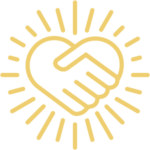
Brotherly Love
Relief
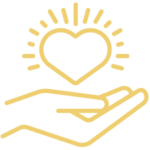
Relief
Truth
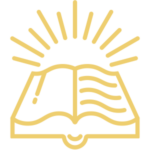
Truth
Philanthropy
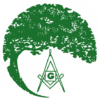
The Masonic Brotherhood Fund
The Masonic Brotherhood Fund is the charitable arm of the Grand Lodge of New York. The Brotherhood Fund assumes a solemn responsibility, to alleviate the burdens of our distressed Brothers, their families, widows, and orphans. It stands as a lifeline in times of unforeseen and often catastrophic tragedies. It helps our Brethren and their families overcome some of their darkest moments. While we hope and pray that no one will ever need this assistance, the Masonic Brotherhood Fund has and always will stand ready to assist our Brothers, their Widows, and Orphans in need.
To learn more about how The Brotherhood Fund supports our community:
FAQ
What is Freemasonry?
Freemasonry, or Masonry, is the world’s first and largest fraternity. Based on the belief that each man can make a difference in the world, Freemasonry enhances and strengthens the character of the individual man by providing opportunities for fellowship, charity, and education.
Where does the terms Freemason come from?
The term Masons comes from the occupation of original stonemasons’ guilds who built castles and cathedrals in England and Scotland. During the Middle Ages, the word “Free” was added because stonemasons often allowed to travel the world to share new knowledge and skills with others where their guild was operating.
Over time, men who were not builders were drawn to the practices of Freemasonry. To encourage intellectual diversity, the first stonemasons began accepting men from other professions into the fraternity. To differentiate themselves, those who were actually stonemasons were known as Operative Masons, and new members from different professions were known as Accepted Masons.
Today, the terms Freemasonry, Masonry, and Free and Accepted Masons are used interchangeably.
What does the term Brother refer to?
Any good-standing member of the Freemasonry fraternity is known as a Brother, a title given to him at his initiation into Freemasonry.
What happens at a Lodge meeting?
A Lodge meeting can consist of one of two meetings: a business meeting or a ceremonial meeting.
A business meeting, or stated meeting, is devoted to administrative procedures. Activities may include reviewing minutes from previous meetings, discussing financial matters, voting on applications, and planning lodge activities. Generally, the lodge will host a portion of the meeting for Masonic education known as a “program” for its members and guests. These can take on many forms. From formal discourse and
debate to the less formal presentation of a topic relative to Freemasonry its philosophy, symbols, and history, it’s up to the sole discretion of the lodge and its Worshipful Master.
A ceremonial meeting takes place to confer the Three Degrees of Freemasonry – 1st Degree or Entered Apprentice, 2nd Degree or Fellowcraft, and the 3rd Degree or Master Mason.
Why do Masons wear Aprons?
Masons wear Aprons to symbolize their heritage, demonstrate pride in their fraternity, and represent their lineage from stonemasons who historically wore leather aprons to protect themselves on the job site. Masons typically wear Aprons when they are in a lodge, at certain public events, and at funerals.
Is Masonry a religion?
No, Masonry is neither a religion nor a substitute for religion. While the fraternity requires its members to have a belief in a Supreme Being, the fraternity itself is not affiliated with any religion. Furthermore, men of all faiths are represented in Freemasonry. Religion is not discussed at lodge meetings.
Is Freemasonry a secret society?
No, Masonry is not a secret society. Our mission, goals, principles, constitutions, rules, and meeting locations are all public. Additionally, our members are free to acknowledge their membership. However, like many similar organizations, some of Masonry’s internal affairs and documents are for members only.
